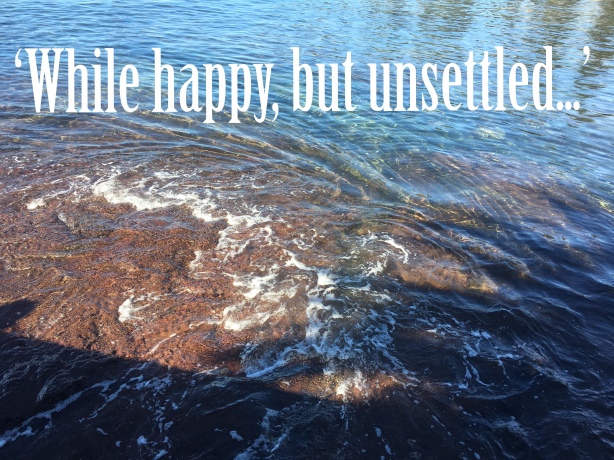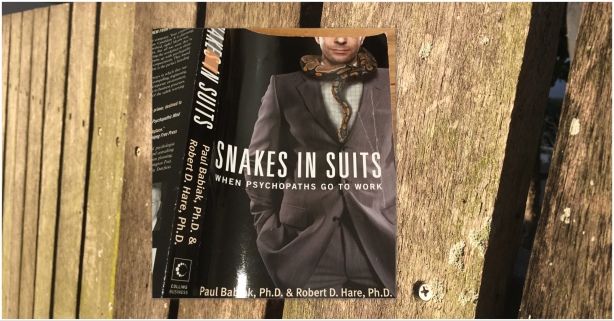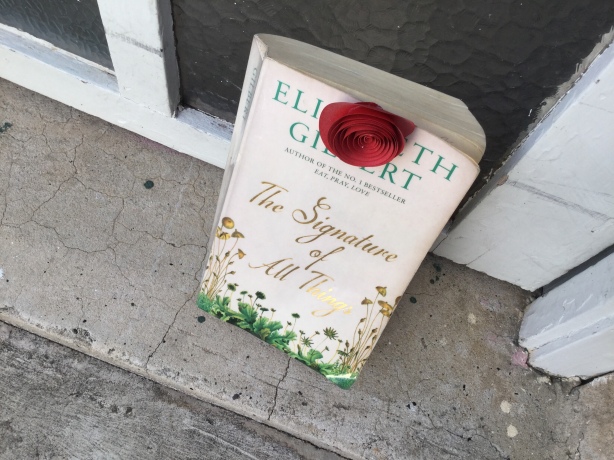Years ago, just when the internet burst into our lives with the ability to communicate via emails, I went to live in another country for a few years. I felt a sense of loyalty and want to keep in touch with friends back. By then, life taught me that given my personal history, I had to be the person responsible for keeping in contact with no demands from others to respond. For a while, I wrote weekly emails full of typos and grammar errors. Moreover, they were full of so many details that some friends loved them, while others strongly disliked them, and felt entirely bored reading them. I tried to find a balance. I kept those emails saved in Word documents. Why? Why did I keep all those emails? I can’t remember.
Four years later, I fell in love, three times with the wrong men. Those loves stopped me from sending emails. I didn’t want to share my love stories out of shyness, a desperate need for privacy, and fear from an evil eye. Evil eye? Yep, I hoped that the relationships might become durable and reliable, and I feared that if I shared any details, that sharing might jinx the relationships.
 ***
***
During the last few weeks, I’ve decided to get rid of all these emails I had sent and received during my stay overseas. I read each one of them and selected only expressions or descriptions I liked and then deleted the emails. I’ve started writing short blogs around the saved material and post them though I don’t try to market the blog. Another “Why?”
I’m faced with a few surprises while going thought these emails:
I don’t remember all the events.
I don’t remember a few people with whom I exchanged emails. They were fleeting appearances during my stay.
While reading, I noticed with amusement, that some people, back in Sydney, never changed. Those who were happy at that time, were happy when we met again upon my return to Sydney. Some wrote as if they have always been victims, despite becoming successful. They are wonderful individuals though they view themselves in that light of being a victim. Others changed and now, are now happy minds, leaving behind the worrisome selves.
Some emails interactions come back to mind, and my answers are now as if mirrors into which I have to look. I am reading and I can’t believe my answers, quite a few being much too long and hence careless as a reaction to their issues and questions. I will not lose sleep or bash myself up, but Boy!
What I wrote above is the answer to “Why did I keep those emails?” To now face myself to find out what I remember and not, how I connected, sometimes appropriately and sometimes sooo wrongly, delighted with myself at the time.
Shall we keep diaries and all our communications?
I think so. Though, I hope that nobody finds them after we are gone.






